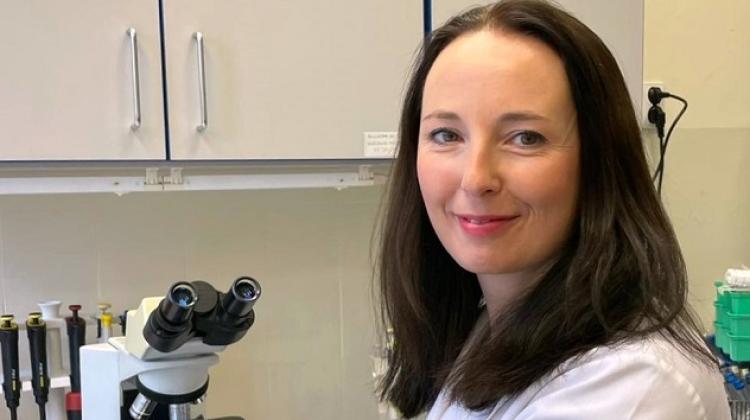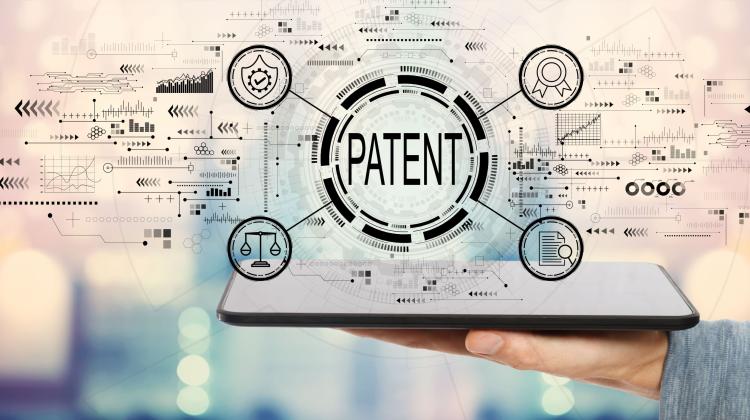Hand prosthesis - the invention "continues"
 Photo: Fotolia
Photo: Fotolia
MindHand is a bionic hand prosthesis developed to facilitate the lives of the disabled and people after amputation. Scientists from the Bialystok University of Technology, the creators of the internationally acclaimed, award-winning design, have signed an incubation agreement in the programme Hub of Talents 2 - start-up platforms for new ideas in Eastern Poland. It is one of 34 companies supported by the Białystok Science and Technology Park.
According to the Bialystok University of Technology, the originator of the MindHand project was Sławomir Grycuk, a student of the Faculty of Mechanical Engineering of the Białystok University of Technology. The technology was developed by an informal, inter-faculty team of students supervised by Dr. Jaroslaw Sidun.
MindHand reproduces the basic grips of a natural hand. The prosthesis is controlled by EMG signals from muscles, from the hand stump. The design uses a proprietary torque transfer mechanism. The signal from the muscles is received and then sent via electrodes to the controller, which analyses the signals and the operation of the moving parts of the hand prosthesis.
"The algorithm selects a specific grip depending on the muscle, from which the signal originates. Our design differs from others in that we use the latest technology and cheaper components. We have used a proprietary solution of the movement mechanism by including yokes that move individual phalanges, thus reducing the number of drives" - says Dr. Sidun.
The human hand model was obtained by means of 3D scanning, and various modelling techniques were used to create the prototype, including hybrid modelling and 3D printing. The designers aimed to build a prosthesis combining high functionality with a relatively affordable price. It is expected to be several times cheaper than currently available devices.
The prosthesis prototype gained recognition and support from the Diamond Discoverers Association. It took first place in the Student Design Competition KOKOS 2017 and advanced to the finals of Technotalent 2017. The functional prosthesis prototype prepared using modern 3D printing won a gold medal at iENA in Nuremberg in 2018.
The trip to the fair in Nuremberg was co-financed by the president of Bialystok under the agreement on the promotion of the city. The work of young Polish scientists was among the 800 inventions presented by exhibitors from 30 countries.
Dr. Sidun emphasises that the use of the MindHand prosthesis in practice depends on many tests. Everyone involved in the project can count on the support of scientists working at the Faculty of Mechanical Engineering of the Bialystok University of Technology. The project will also be supported by the Białystok Science and Technology Park. Recruitment for the programme has finished; it will allow the most promising companies to develop their activity and transform it into profitable businesses.
Initiators who set up a business in one of the following provinces: Lubelskie, Podkarpackie, Podlasie, Świętokrzyskie and Warmia-Mazury may join the Hub of Talents programme. After successfully completing the incubation process and obtaining recommendations, they can apply for PLN 1 million in funding under the competition Start-up Development in Eastern Poland.
In the first round, 34 companies (selected from among 64 applications) started the incubation process. 23 companies represent the IT/ICT industry, 6 operate in the metal and machinery sector, 5 in other areas. In addition to MindHand technology, there are concepts of a platform that increases employee satisfaction, a mobile application for restaurant guests, a modern fabric design and an innovative concept of building houses.
Applications in the next incubation round can be submitted until the end of November.
PAP - Science in Poland
kol/ agt/ kap/
tr. RL
Przed dodaniem komentarza prosimy o zapoznanie z Regulaminem forum serwisu Nauka w Polsce.















